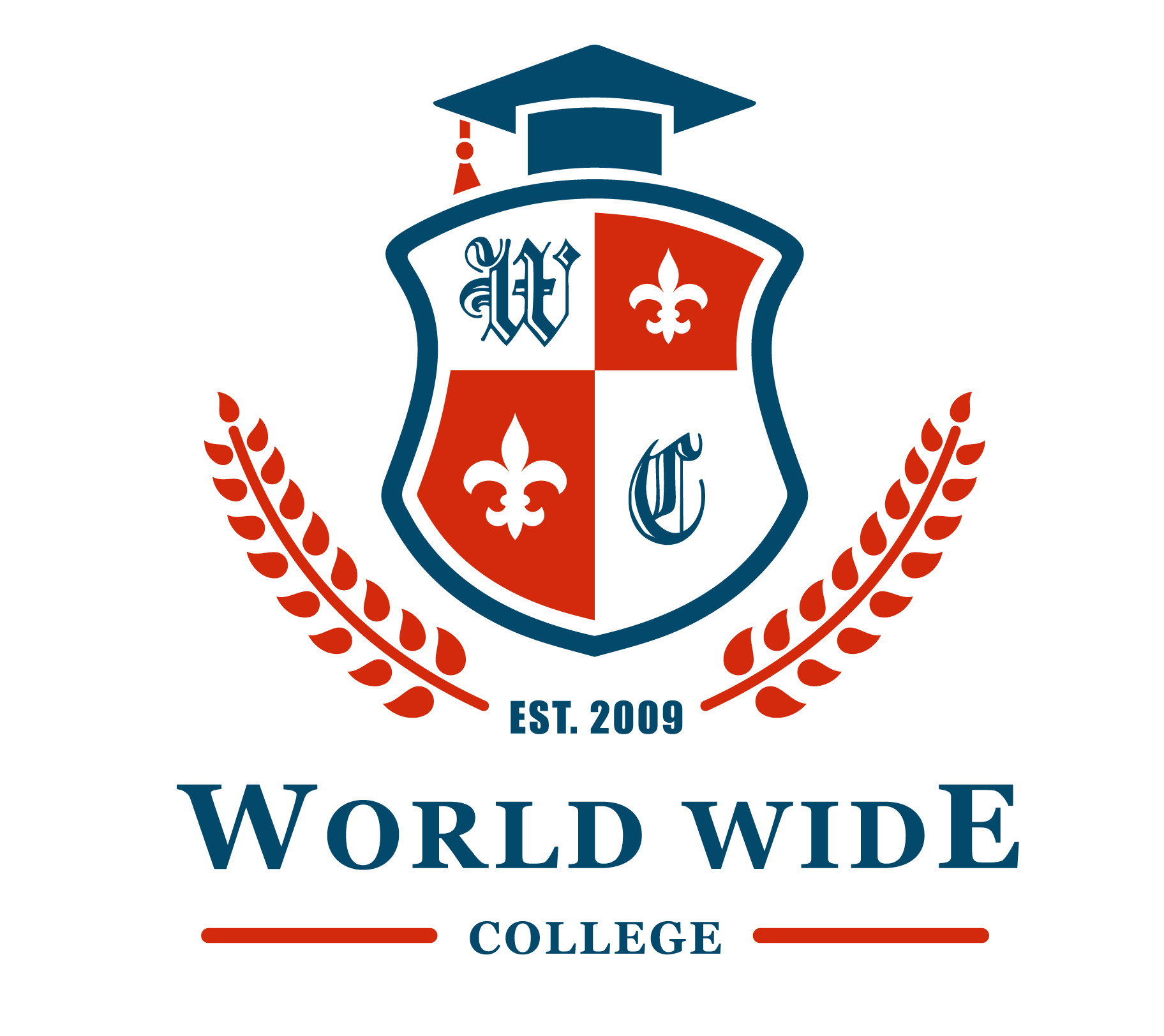
| Location | Bydgoszcz ,Poland | Facilities | |
|---|---|---|---|
| Funding Type | Public | No of Students | |
| Type | University | Scholarship | |
| Year of Establishment | 1945 | Marketing Material |
The Nicolaus Copernicus University (NCU) was founded in 1945. It is one of the largest universities in Poland, currently comprising 17 faculties (including 3 medical faculties at Collegium Medicum UMK in Bydgoszcz). It provides graduate and postgraduate courses for almost 30 000 students, offering education in over 80 fields of study, 100 specialisations and 50 postgraduate courses. The university employs 4300 staff on both Toruń and Bydgoszcz campuses, over half of whom are academic teachers. NCU alumni now number nearly 200 000.
Collegium Medicum was previously known as the Ludwik Rydygier Medical University, which was established by the Seym (the lower chamber of the Polish parliament) on 21st July 1984. In October of the same year, the Rector, prof. dr hab. Jan Domaniewski, inaugurated the youngest medical university in Poland. In 2004, the Medical University in Bydgoszcz was incorporated into the Nicolaus Copernicus University in ToruÅ„ and renamed as the Ludwik Rydygier Collegium Medicum in Bydgoszcz. Since then, it has been providing academic education as part of NCU. Currently, Collegium Medicum in Bydgoszcz provides education in the Polish language in 15 fields of study offered by three faculties: CM buildingFaculty of Medicine biomedical engineering (new) biotechnology dispensing optics and optometry medicine CM pharmacyFaculty of Pharmacy cosmetology laboratory medicine pharmacy Faculty of Health Sciences CM hospital photoaudiophonology electroradiology emergency medical science midwifery nursing nutrition science physiotherapy public health The programmes are offered at the following levels: Bachelor´s Degree Master´s Degree Doctoral studies (Faculty of Medicine and Faculty of Health Sciences)
Admission
What documents are required in the admission process?
1. a completed application form
2. Upper Secondary School-Leaving Examination Certificate (so-called: "Maturity Certificate" or other document obtained abroad that:
- is validated (legalized) or affixed with apostille
- gives the right to apply to all types of higher education institutions in the country in the system of which an institution issuing such certificates is located and is equal to the Polish Upper Secondary School-Leaving Examination Certificate
- includes grades from 2 out of 3 of the following school subjects: biology, chemistry, physics (or the above mentioned grades are included on other certificates of complementary or higher education)
3. a document with a statement confirming candidate's right to apply to higher education institutions in candidate's home country (if it is not already on the candidate's diploma)
4. a valid medical certificate that confirms the ability to take up studies
5. vaccination records (vaccination against hepatitis type B)
6. a certified copy of a passport7. 4 current photos with uncovered head (left-hand side of face, the ear must be visible)
Other requirements:
1. A candidate needs to speak English well enough to participate in classes conducted in English (long lasting lessons at school or completion of courses at an appropriate level)* The list of documents certifying candidate's proper knowledge of English: FCE, CAE, CPE, BEC 2, BEC (3), CEIBT - certificates issued by University Cambridge local Examination Syndicate (at least "pass"); IELTS (at least 6.5 points); TOEFL 500 in tests, at least 3.5 points in writing test (TWE) and 200 points in speaking exam (TSE) issued by Education Testing Service.
2. A candidate submits to Collegium Medicum all required documents (see above) and information in a specified time.
3. A candidate attends a recruitment interview and is initially accepted by Qualification Commission. Subsequently, a candidate obtains a final decision from Rector or a person authorized by Rector concerning admission to the studies.
What documents are required after admission?
If candidate's high school diploma has not been issued by any of the EU/EFTA/OECD country (Great Britain, Austria, Belgium, Bulgaria, Croatia, Cyprus, Czech Republic, Denmark, Estonia, Finland, France, Greece, Spain, Netherland, Ireland, Iceland, Liechtenstein, Lithuania, Luxembourg, Latvia, Malta, Germany, Norway, Portugal, Romania, Slovakia, Slovenia, Switzerland, Sweden, Hungary, Italy, Canada, USA, Turkey, Japan, North Korea, New Zealand, Chile, Israel) it needs to be certified by Polish Office for Education (Kuratorium Oświaty).
In order to have diploma certified students need to complete a process called "nostryfikacja". Polish Office for Education conducts a process of issuing a statement confirming that foreign high school diploma is equal to the Polish Baccalaureate Certificate. The process of "nostryfikacja" is supposed to be finished before the end of 1st semester of studies.
© 2015 - 2024 World Wide College - All rights reserved.







